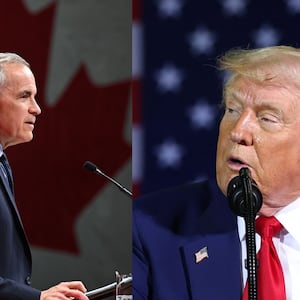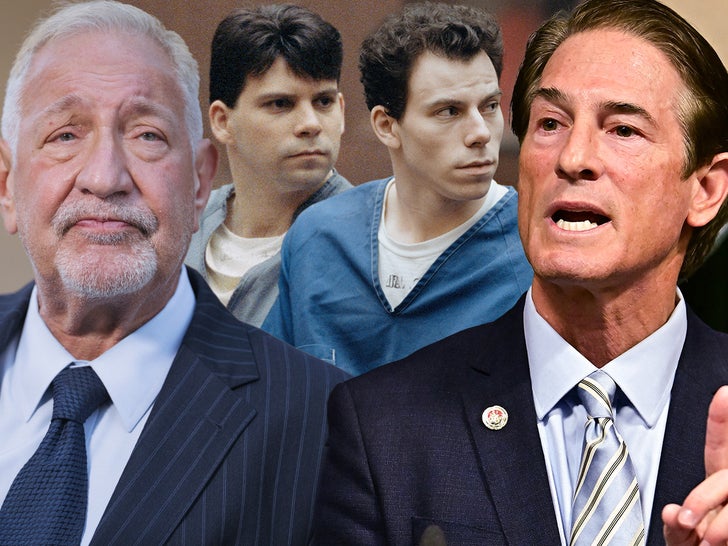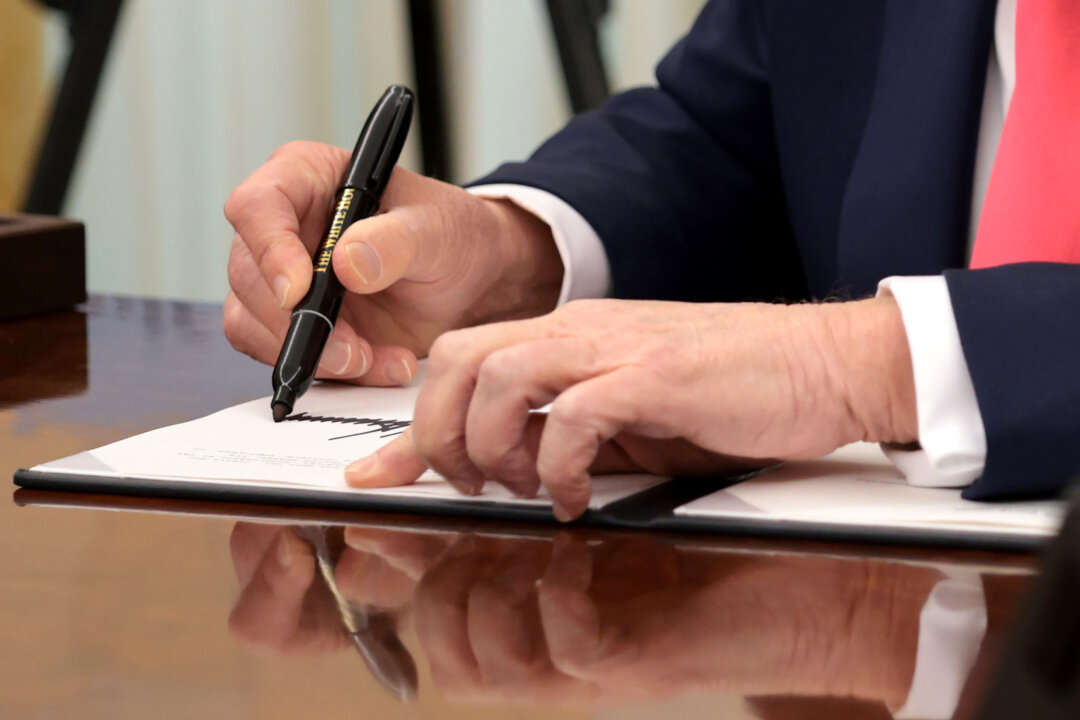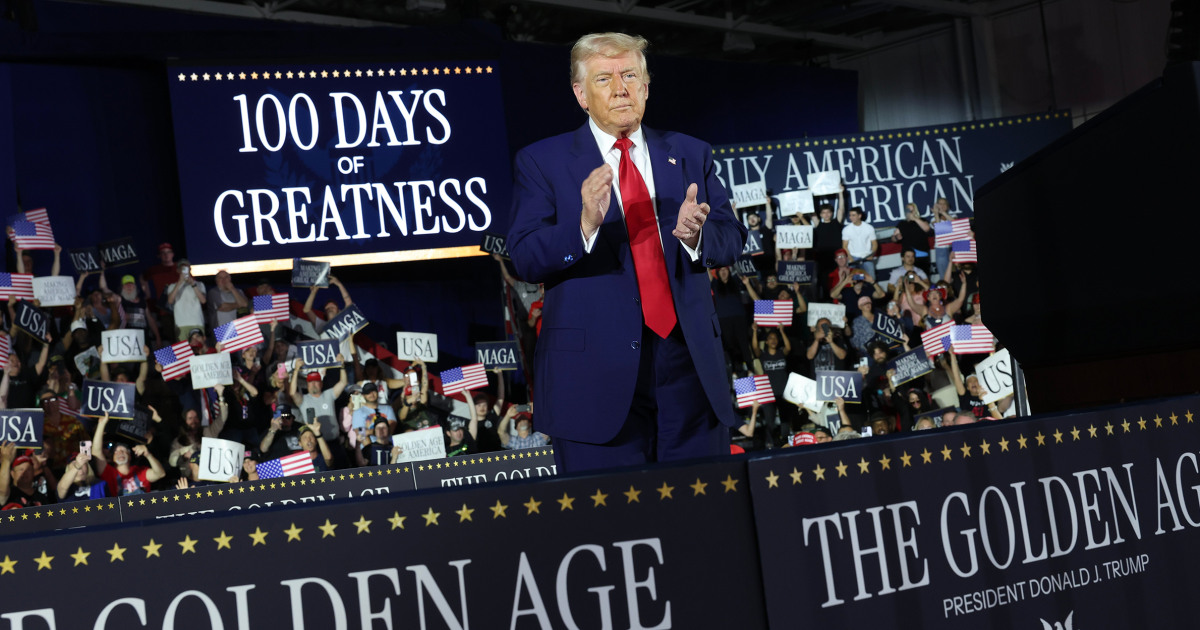Pope Francis, who left an enduring global legacy, was not only a spiritual leader but also a bold moral economist. His vision—rooted in human dignity, solidarity, and care for the vulnerable—offers powerful lessons for Africa’s future. In a continent of diverse faiths, his message transcends religion, speaking directly to Africa’s urgent need for inclusive, sustainable development.
Africa’s demographic surge, youthful energy, and growing markets are often celebrated as signs of inevitable progress. Yet economic exclusion remains a daily reality for millions. Pope Francis warned of an “economy of exclusion,” where growth benefits the few while the many are left behind.

His call for an economy that serves people, not profits alone, resonates deeply in a continent where inequality, unemployment, and underdevelopment continue to challenge stability and hope. Francis consistently rejected the notion that economic growth measured by GDP alone is sufficient. Development, he argued, must be holistic—addressing economic, social, and environmental well-being together.
Africa’s current growth patterns often mirror the very concerns he raised: reliance on extractive industries, fragile service economies, and limited job creation. His legacy invites Africa to rethink models of prosperity, focusing on industries that create dignified work, enhance local value, and strengthen communal ties. Environmental stewardship was another pillar of Francis’ economic thought.
His landmark encyclical Laudato Si’ underscored that ecological degradation and social injustice are interconnected. Africa, despite contributing least to climate change, faces some of its worst effects—desertification, food insecurity, and displacement. Pope Francis’ call to “care for our common home” aligns naturally with African traditions of environmental respect and offers a powerful rallying point for building green, resilient economies based on sustainable agriculture, renewable energy, and biodiversity protection.
Moreover, Francis’ idea of solidarity—rooted in fraternity, not charity—holds critical lessons. He challenged global systems that entrench inequality and marginalisation. Africa, often excluded from decision-making in global finance and trade systems, can find affirmation in his insistence that development must be co-created, not imposed.
His message strengthens Africa’s call for fairer trade relations, debt justice, and a reimagined multilateralism where African agency is central, not peripheral. Perhaps most striking was his example in advocating for migrants, refugees, and the displaced. In a world often dominated by fear-based narratives about migration, Francis consistently highlighted the dignity and humanity of those forced to move.
For Africa—where displacement due to conflict, climate, and economic pressures remains widespread—his leadership offers a humane framework for policies rooted in rights, inclusion, and opportunity. Beyond governments and institutions, Pope Francis placed trust in young people, entrepreneurs, and grassroots innovators to drive change. His Economy of Francesco initiative, which drew young thinkers and activists from across the globe, reflects the energy he believed was needed for systemic reform.
Africa’s dynamic youth population is well positioned to embrace this call—to build businesses and systems that are socially just, environmentally conscious, and innovation-driven. In remembering Pope Francis, Africa is not called merely to admiration but to action. His legacy demands a deep shift: from extractive models to economies of care, from growth for its own sake to growth that uplifts all.
It is a reminder that development must be anchored in dignity, solidarity, and stewardship—not as abstract ideals, but as operational principles guiding policy, investment, and innovation. Africa today stands at a crossroads. Its challenges are enormous, but so are its possibilities.
Pope Francis’ vision offers not a blueprint but an invitation—to imagine and build a future where economies serve humanity, protect the planet, and lift every voice. In honoring his legacy, Africa has an opportunity not just to follow a path, but to lead in showing the world that another way of development is not only possible—it is necessary. The author is an economist.
.
Politics
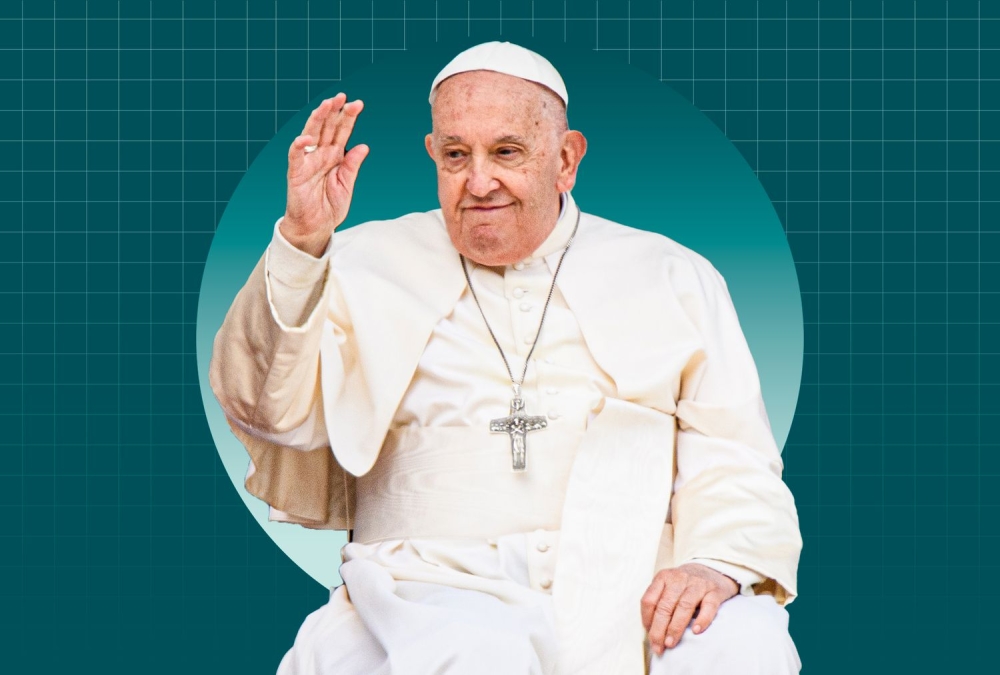
The economy of Pope Francis: A legacy for Africa’s development

Pope Francis, who left an enduring global legacy, was not only a spiritual leader but also a bold moral economist. His vision—rooted in human dignity, solidarity, and care for the...








